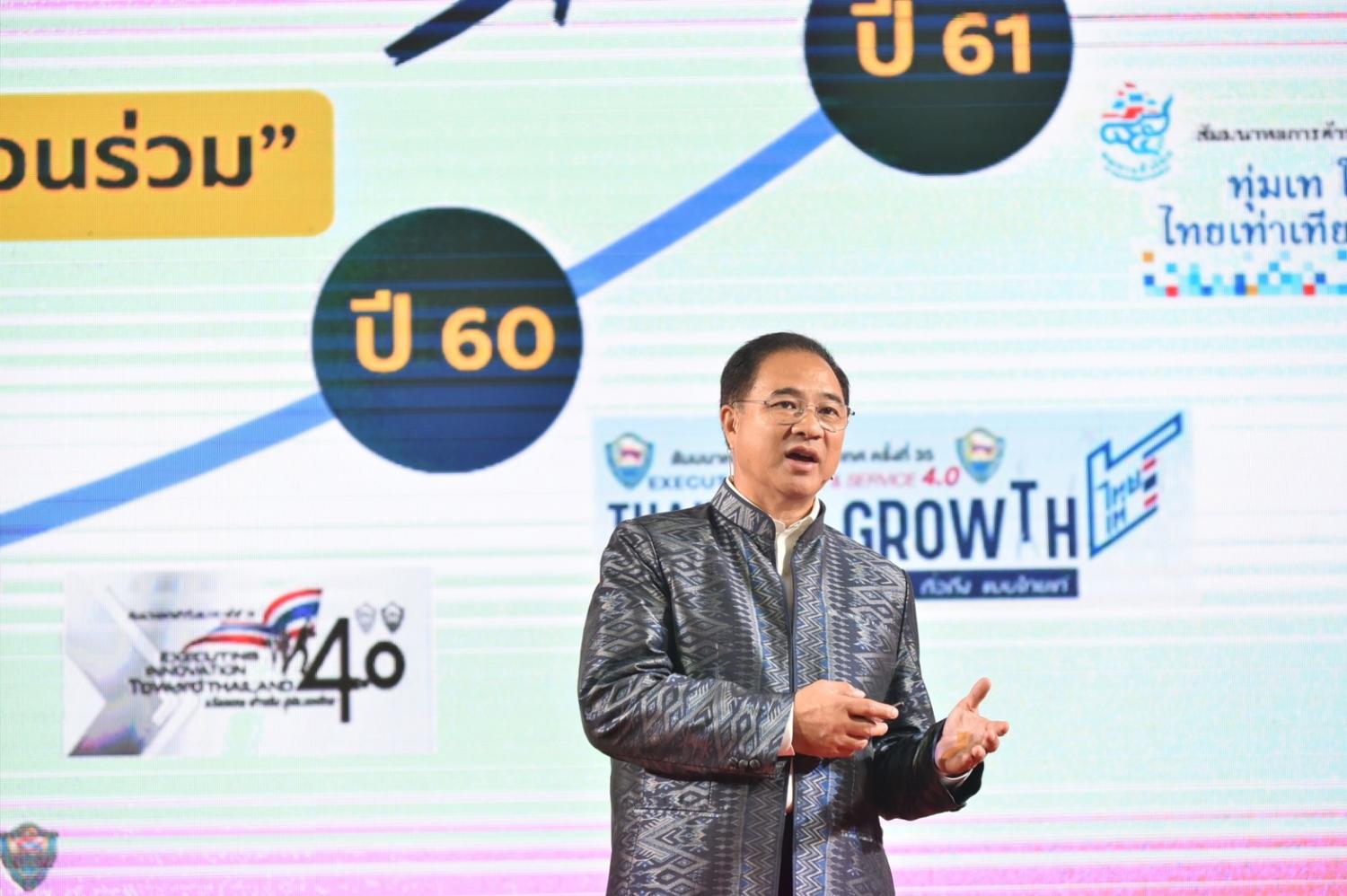
A Thai business group has called on the government to rev up promoting the local economy, especially through medical and wellness tourism, the creative and cultural economy, and digital platform development to reboot the country's economic recovery after the Covid-19 crisis.
The Thai Chamber of Commerce also proposes the government speed up effective water resource development and an e-government development plan.
Kalin Sarasin, chairman of the chamber, said during its 38th annual meeting on Thursday the body is scheduled to submit a white paper to the government today via Deputy Prime Minister Supattanapong Punmeechaow that aims to stimulate the domestic economy.
"Despite being devastated by the pandemic, the tourism sector still plays a vital part in the country's economy and in creating income for local people next year," said Mr Kalin.
"We need a new platform, particularly for wellness tourism, to help create jobs for rural areas and develop a linkage between medical and wellness tourism, particularly among key big cities such as Bangkok, Chiang Mai, Phuket, Khon Kaen and Songkhla."
Key factors for wellness tourism promotion include storytelling and continued promotional events, cooperation with local communities, sustainable quality standards and the digital platform development, he said.
He said medical tourism generated 41 billion baht last year, creating 9,195 jobs, while wellness tourism fetched as much as 409.2 billion baht, employing 530,000 people.
Somkiat Tangkitvanich, president of the Thailand Development Research Institute, said apart from the pandemic, factors that may affect the world economy next year include the new trade policies of President-elect Joe Biden. The trade war is expected to continue, with environmental issues expected to be added as a new trade barrier, he said.
"Thailand has high potential to fight the Covid-19 outbreak given the strength of public health infrastructure and prudent macroeconomic management by the Bank of Thailand, finance ministry and related agencies," said Mr Somkiat.
"But there are three more important factors that determine the government sector's capability: its ability to tackle corruption, facilitating laws and regulations, and quality of public services."
He said while Thailand has successfully collected a massive tax income and has abundant natural resources, the country remains plagued by corruption, tardy and outdated laws and regulations and public services which remain key stumbling blocks for development both in the short and long term.
Mr Somkiat said Thailand has effective public debt management, but still has weaknesses in its competitiveness and income distribution, leaving Thailand stuck in the middle-income trap.
A middle-income trap is commonly defined as a situation in which a country is successful in lifting its economy from being a least developed or low-income country to a middle-income one but remains at that level without much prospect of becoming an advanced, rich country.
Escaping from the middle-income trap requires strong institutions, particularly from the public sector. Thailand needs to be reformed to develop a digital government and has to comprehensively amend existing state laws and regulations to facilitate the ease of doing business. These efforts will help lower economic costs to the country, said Mr Somkiat.